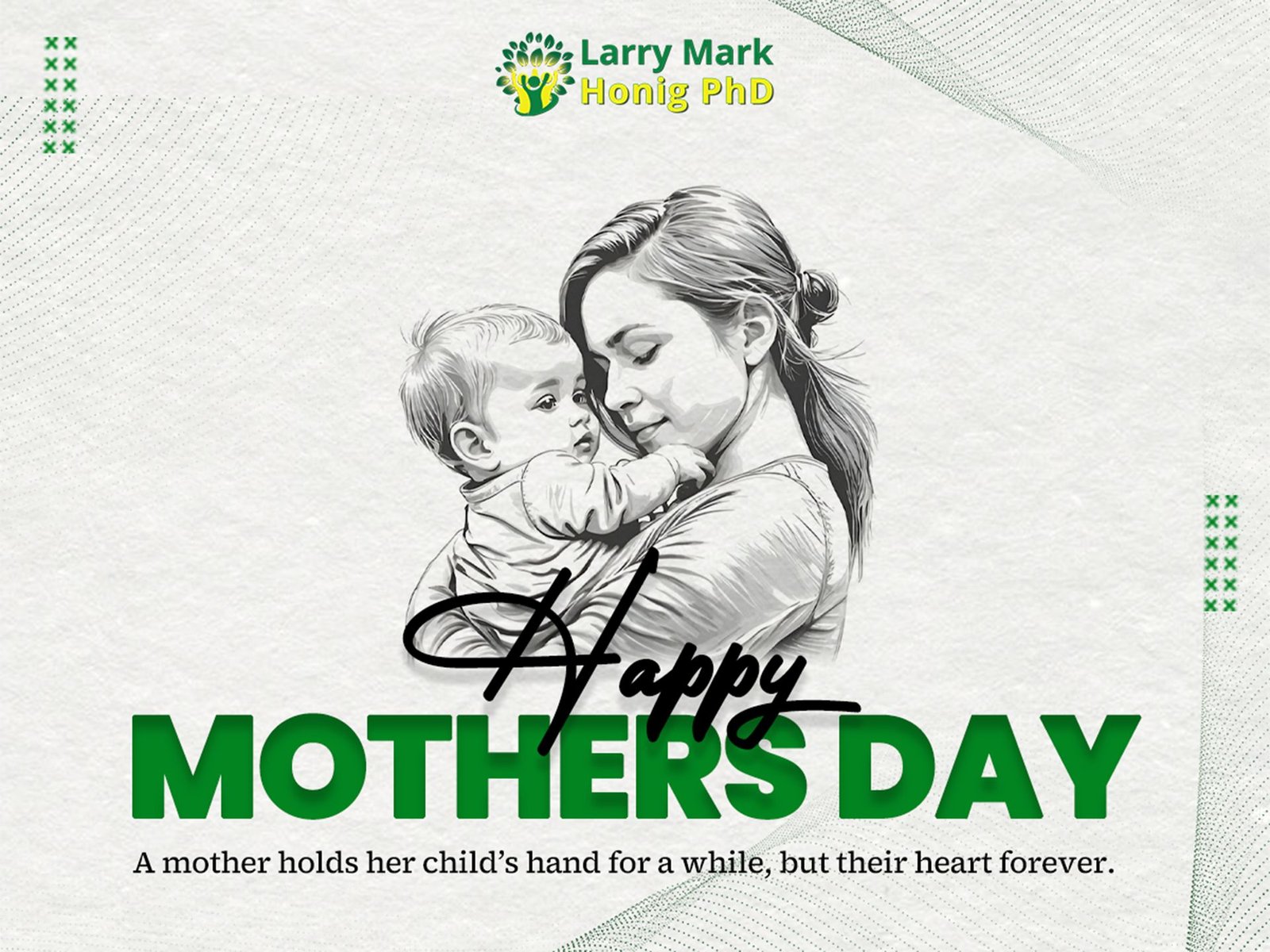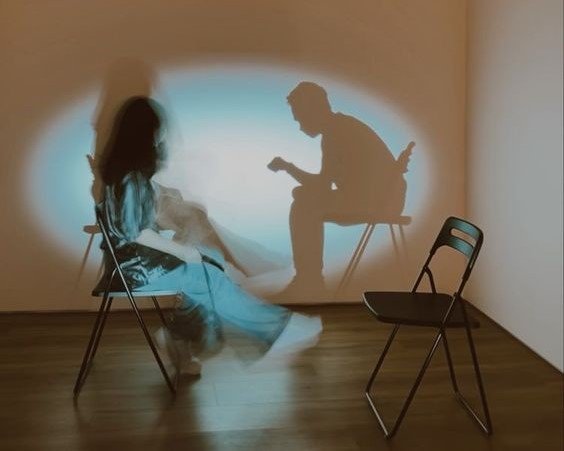When we think about love, we often picture it as an emotion that arises spontaneously—a blend of chemistry, personal preference, and past relationship experiences. But what if our romantic attachments are also shaped by deeper family system dynamics that began long before we were born? This is where Family Constellation Therapy comes into play, offering a lens through which we can understand our inherited attachment styles, the subtle loyalties we hold toward our ancestors, and how healing these patterns can transform the way we love.
In this article, we’ll explore how generational trauma and unspoken family loyalties might influence your romantic life, especially as Valentine’s Day approaches. We’ll also share real-world insights into how couples and individuals have used Family Constellation Therapy to overcome challenging relationship scripts. By the end, you’ll see why discovering your ancestral influences is not just intellectual exercise—it can be the key to more authentic, resilient love
Key Points
- Understanding Attachment Styles and Their Origins
- Generational Trauma: How Inherited Patterns Shape Love
- Unspoken Family Loyalties and Relationship Choices
- Healing Through Constellations: Transforming Romantic Scripts
- Real-World Example: A Couple’s Journey to Freedom
- Practical Steps to Identify and Shift Generational Patterns
- Valentine’s Day Through a Constellation Lens
- Final Thoughts and CTA
Understanding Attachment Styles and Their Origins The Classic Attachment Framework
Attachment theory, pioneered by John Bowlby and expanded by Mary Ainsworth, identifies four primary attachment styles: secure, anxious, avoidant, and disorganized. While these styles are often traced to childhood experiences with caregivers, they don’t just arise out of direct parent-child interactions. Ancestral influences—traumas, family secrets, and long-standing relational patterns—can subtly shape how these styles emerge.
Role of Family Constellation Therapy
Family Constellation Therapy (developed by Bert Hellinger) goes beyond traditional talk therapy by examining the entire family system. In a Constellation, representatives stand in for family members or even intangible elements like “anxiety” or “betrayal,” revealing hidden dynamics that might influence your current attachment style. For instance, if one’s grandmother experienced war trauma and developed an avoidant coping mechanism, those survival strategies could echo through the generations, manifesting in a grandchild who struggles to express vulnerability in relationships.
2. Generational Trauma: How Inherited Patterns Shape Love Defining Generational Trauma
Generational trauma, sometimes called intergenerational or transgenerational trauma, refers to stressors and emotional wounds that are passed down from ancestors to subsequent generations. Groundbreaking work in epigenetics has shown that traumatic experiences can influence gene expression, leading to heightened stress responses or certain behavioral predispositions in descendants.
In the context of romantic relationships, generational trauma might show up as:
⦁ An exaggerated fear of abandonment without obvious cause
⦁ Chronic relationship anxiety that previous talk therapy couldn’t fully resolve
⦁ An inability to trust or a compulsion to sabotage closeness
The “Carrying” Phenomenon
Family Constellation Therapy proposes that descendants can “carry” unresolved emotions for ancestors as a way of maintaining family loyalty. This doesn’t always happen consciously. If your great-grandmother experienced a devastating loss, you might sense that deep longing or anxiety in your own relationships, even if you never knew her story.
3. Unspoken Family Loyalties and Relationship Choices What Are Family Loyalties?
Family loyalties are subtle bonds that compel us to remain “close” to an ancestor’s experiences—whether those are healthy or harmful. For example:
- Replaying negative patterns to maintain unconscious fidelity to a parent who suffered heartbreak
- Choosing partners who replicate an ancestor’s tragic love story
- Inheriting guilt about success or happiness if previous generations didn’t have the same opportunity
Telltale Signs of Unspoken Loyalties
- Recurring romantic failures that mirror stories you’ve heard about a parent or grandparent
- Unexplained reluctance to commit to a partner, tied to fear of “betraying” a single parent’s struggles.
- Persistent self-sabotage in love, possibly reflecting hidden shame from a family secret.
Here, Family Constellation Therapy can reveal these unconscious bonds by setting up a “constellation” that positions you, your ancestors, and the concept of “love” or “loyalty” in a physical or virtual space. Observing how representatives move or react can clarify where you’re stuck and how to release these loyalties in a respectful way.
4. Healing Through Constellations: Transforming Romantic Scripts The Constellation Process
In a typical Family Constellation session, a facilitator will invite the client (or a participant) to choose representatives for themselves and for key ancestors, living or deceased. These representatives stand in a circle and tune into the collective family field. Clients and representatives often report strong emotional sensations or insights, such as feeling sudden sadness, fear, or even relief.
Healing movements may involve:
- Acknowledging a grandparent’s unspoken grief
- Saying “I see you, I honor your pain, and I let it remain with you.”
- Physically repositioning representatives to restore balance, belonging, and the natural flow of love
When applied to romantic issues, these “movements” can bring a profound shift, releasing the client from ancestral burdens. Over time, it can lead to a lessening of anxious or avoidant tendencies and greater clarity in love.
5. Real-World Example: A Couple’s Journey to Freedom
(Note: The following example is inspired by real Constellation cases but details are altered for privacy.)
Mark and Sarah had been together for six years. Mark struggled with deep insecurity, fearing that Sarah would leave him “out of nowhere.” Traditional couples therapy helped them communicate better, but Mark’s fears remained intense and sometimes led to controlling behavior. Through Family Constellation Therapy, Mark discovered that his maternal grandmother was abandoned during WWII and never spoke of her hidden anguish. She was left alone to raise her children and developed a near-constant fear of loss, passing it down to her descendants.
During the Constellation:
- A representative for Mark’s grandmother wept upon entering the circle, highlighting her unresolved trauma
- Mark, standing in for himself, felt a rush of sadness that wasn’t fully his own.
- When healing words and acknowledgments were given (“Grandmother, I see how you were left. Your loss was real. And I honor your story without carrying it anymore.”), Mark said he experienced “a warmth in my chest” and a sense of being “set free.”
Over the next few months, Mark’s controlling behavior decreased drastically, and the couple reported a renewed sense of trust. The therapy not only impacted their relationship but also released ancestral grief that had remained hidden for decades.
6. Practical Steps to Identify and Shift Generational Patterns
Even before scheduling a Family Constellation Therapy session, you can begin exploring ancestral patterns:
- Reflect on Family Narratives
⦁ Jot down significant events, traumas, or hidden stories mentioned in your family
⦁ Notice if any part of your relationship life parallels these histories - Observe Repetitive Themes
⦁ Do you consistently attract similar partners or end up in the same kind of conflict?
⦁ Could these patterns have a link to your parents’ or grandparents’ experiences? - Practice Emotional Mindfulness
⦁ When you feel triggered in your relationship, pause. Ask, “Is this emotion truly mine, or could it be an inherited response?” - Engage in Guided Visualizations
⦁ Some clients find it helpful to do short meditations imagining themselves handing back heavy burdens to the ancestor who originally carried them. - Seek Professional Guidance
⦁ A trained Family Constellation facilitator can create a supportive environment for deeper healing.
⦁ Consider attending a group workshop or scheduling a one-on-one session to gain clarity and closure.
7. Valentine’s Day Through a Constellation Lens
February often focuses on romantic love, but it’s also a great time to reflect on self-love and ancestral influences. Instead of viewing Valentine’s Day solely as a commercial holiday, use it as an opportunity to explore deeper connection with your partner or yourself:
- Share Family Stories: Talk with loved ones about your parents’ or grandparents’ relationships.
- Set Intentions for Healing: Write down a short note: “I release my family’s fear of abandonment,” or “I carry forward only the love and wisdom from my ancestors.”
- Honor the Past, Embrace the Future: Symbolically “thank” ancestors for their resilience, then give yourself permission to forge a new path in love.
8. Final Thoughts and CTA
Family Constellation Therapy reminds us that how we love is often rooted in generations of unspoken stories and loyalties. By revealing and healing these hidden dynamics, we can transform not only our personal attachment style but also free future generations from perpetuating the same romantic struggles.
Drop a comment if you’ve ever suspected a family dynamic was influencing your love life. Let’s talk and support each other in this journey of #RelationshipHealing and #AncestralPatterns—because understanding and honoring our lineage can unlock a depth of love we never knew was possible.







